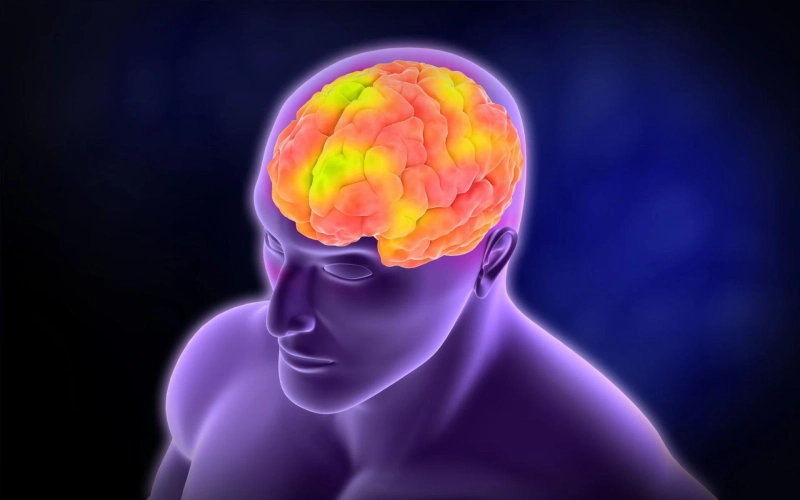Aphasia Disease Overview:
Aphasia is a complex neurological disorder affecting language comprehension and expression. This comprehensive overview delves into the various aspects of Aphasia Disease, from symptoms and diagnostic procedures to treatment options, regulatory considerations, and market trends.
The inability to communicate vocally after a stroke, brain damage, or other brain disorder is known as aphasia, and it has a more negative impact on quality of life than any other medical condition.
According to the National Institute on Deafness and Other Communication Disorders (NIDCD), 180,000 new cases of aphasia are recorded in the US each year, impacting 1 in every 272 Americans. Cerebrovascular accidents are estimated to be connected to one-third of the instances. The most common kind is known as global aphasia. The rates of aphasia associated to CVAs are similar in men and women. But the incidence changes as people age. People under 65 years old have a 15% chance of being affected, and people over 85 years old have a 43% chance of contracting the disease.
The Market Competitors Listed Below are Revolutionizing Healthcare with Innovative Diagnostic & Treatment Inventions:
Siemens HealthineersGeneral Electric Company (GE Healthcare)Radiance Imaging systemPhilips HealthcareAllengersCardinal Health, Inc.AngioDymanics, Inc.Kindred Healthcare, LLCPowerback RehabBenchmark Physical Therapy InstituteRelient RehabilitationHumanus CorporationSmart Speech TherapyTherapy Solutions Inc.Rehabilitation Associates, Inc.OthersSymptoms:
Aphasia manifests as difficulties in speaking, understanding speech, reading, and writing. This language impairment varies in severity, impacting communication and often stemming from brain injuries, such as stroke or trauma.
Diagnostic Analysis:
Accurate diagnosis involves a thorough examination of language abilities, comprehension, and communication skills. Neuropsychological assessments and imaging studies aid in identifying the underlying causes and tailoring appropriate interventions.
Treatment Analysis:
Aphasia management emphasizes speech therapy, language rehabilitation, and communication strategies. Therapies are individualized, focusing on improving specific language deficits. Innovative technologies and approaches continually enhance treatment modalities.
Get a Free Sample Research Report:
https://www.diseaselandscape.com/downloadsample/postid/136
Regulatory Framework:
The regulatory landscape for Aphasia interventions ensures safety and efficacy. Regulatory bodies collaborate with researchers and pharmaceutical companies to facilitate the development and approval of innovative therapies, addressing the unique challenges of this disorder.
Clinical Assessment:
Continuous clinical assessment is crucial for tracking the progress of individuals with Aphasia. Ongoing research aims to refine assessment tools, enabling a more nuanced understanding of the disorder and guiding personalized treatment plans.
Drug Development:
Research in Aphasia drug development targets cognitive and linguistic aspects. Clinical trials explore pharmacological interventions to enhance language function and overall quality of life for individuals affected by Aphasia.
Market Trends Analysis:
Market trends in Aphasia interventions underscore a growing focus on patient-centric approaches and technological innovations. Advances in assistive technologies and teletherapy contribute to a dynamic landscape, reflecting an evolving understanding of Aphasia management.
Know More:
https://www.diseaselandscape.com/neurodegenerative/aphasia-disease-language-barrier
Regional Insights:
Aphasia prevalence and support systems exhibit regional variations, impacting healthcare infrastructure and patient accessibility. Regional insights are vital for tailoring interventions, ensuring equitable access to appropriate care and support.
Conclusion:
In conclusion, Aphasia Disease poses unique challenges, demanding a holistic approach to diagnosis, treatment, and ongoing support. Advances in diagnostics, therapeutic options, and a nuanced understanding of regional nuances collectively contribute to a more inclusive and supportive environment for individuals affected by Aphasia. As research continues to expand the knowledge base, a collaborative effort across disciplines remains pivotal in enhancing the well-being and communication abilities of those impacted by Aphasia.
Browse Through More Neurodegenerative Disorders Research Reports.
Related Reports:
Consulting for Huntington's Disease: Regulatory Assistance, Clinical Knowledge, and Customized Solutions
Get the Help You Need for Frontotemporal Dementia from Our Skilled Advisors | DLI
Amyotrophic Lateral Sclerosis: Pharma Consultation Services
Autism Spectrum Disorder: Perspectives for Development & Extension
Brain Cancer Market Entry: Crucial Success FactorsTop of Form


